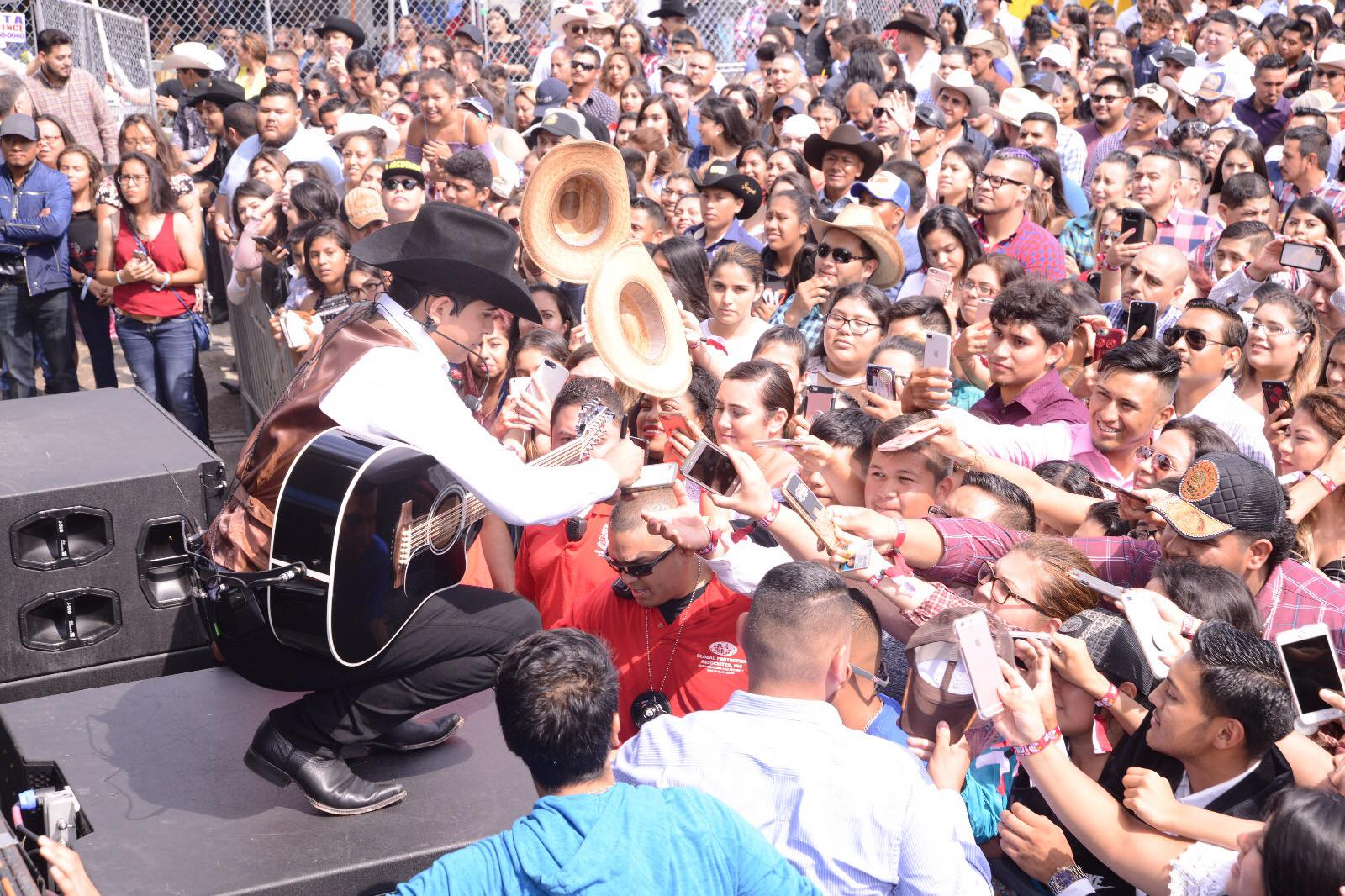
What’s the Story Behind Chicago’s Most Popular Radio Station?
La Que Buena 105.1 is the number 1 radio station in Chicago—no asterisk. That means it’s more popular than every English-language radio station in the city. The flagship station of Chicago Ideas partner Univision, La Que Buena has been connecting with its audience for almost four decades. We sat down with Doug Levy, Univision Communications’ president and general manager, to talk about the differences between English and Latin markets, the importance of on-air talent, and how the station built a legendary brand presence in Chicago by engaging on a community level.
WOJO La Que Buena 105.1 is the #1 radio station in Chicago with no caveats attached, which means that ranking is regardless of language. Even more, it’s consistently held the top spot for a few months, and been in the top 5 for a few years. Impressive! Why do you believe this is so?
The station is programmed to appeal to a wide age range of Chicago’s Mexican population. Some might see it as a niche station because we are so focused on Mexican Americans, but really it’s a mass appeal format that happens to target people who speak Spanish. We have a team of very talented personalities who have a ton of equity with our audience and we have the best programming experts making sure we stay disciplined in the way we deliver content.
How long has WOJO “La Que Buena 105.1” been on the air in Chicago? Do you think this longevity has contributed to its success?
WOJO was broadcasting in Spanish since the early 1970s. It became a full-time Spanish station in 1983. We have been serving our audience for over 35 years and that heritage is of huge value to us. We have built a lot of trust with Chicago’s Hispanic community by delivering a solid product that they have come to depend on for great entertainment. Just as importantly, our audience thinks of us as an authentic brand because we’ve made an enormous investment of resources to be highly involved in our community. We produce or sponsor dozens of events throughout the year and we are deeply engaged with many community organizations that share our mission of serving Chicago’s Spanish-speaking population.
Do you think the success of 105.1 is foreshadowing a crossover for this genre of music into a more mainstream audience?
I don’t see that happening. We curate a playlist of songs that speak to our audience at a really deep cultural level. Everything we do from a content standpoint is intended to resonate with Chicago’s robust Mexican population. We play music that comes from the parts of Mexico where the majority of Chicago’s Mexican population is from. These songs are the sounds of home: a tangible connection to one’s own patriotic and familial roots. Consequently, our radio station has a very powerful connection with our listeners. Our bond with our audience goes beyond how any mainstream station is valued by its audience.
With that in mind, do you think that Latin artists need the approval of the English-speaking market to reach success?
Latin artists have been making an impact with English-speaking audiences for decades but the last 10 years or so have seen an explosion of Spanish speaking artists break through to even wider audiences. This is true mostly of the Pop genre but to a lesser extent on the Regional Mexican format we have on WOJO. Our Pop station, WVIV 93.5FM, is a bilingual presentation of Pop music and we play music most people are familiar with hearing because the artists have crossed over into English speaking pop culture. Shakira, Ricky Martin, Enrique Iglesias, Marc Anthony, and so many more great artists are examples of Latin musicians who have taken their place in mainstream culture, but we have been playing them since the very beginning. I can tell you, approval from English-speaking audiences is most definitely not a requirement for WOJO’s core artists to achieve success. There are many artists that we play on WOJO, that English speaking audiences have never heard of, who sell out multiple dates at huge arenas and have platinum selling recordings despite being completely unknown by the English-speaking market.
How do you think the consistency of your on-air personalities plays in to the success of the station?
Our airstaff is so talented. They aren’t just experts on the music, they live the format. They are fans of the music and they love Chicago. They’re super engaged, and they care deeply about what they do. We’re blessed to have them as true ambassadors of our station and I know their value factors heavily in our success.
What is your hope for WOJO La Que Buena 105.1 moving forward?
My hope for WOJO is that the station can continue to establish its legacy. The radio industry is still so vibrant and our value to our audience remains extremely strong. Even with an evolving media landscape, WOJO continues to serve its community and deliver on the expectations of its listeners. I would love to see Que Buena be able to endure for 35 more years as a powerhouse.




